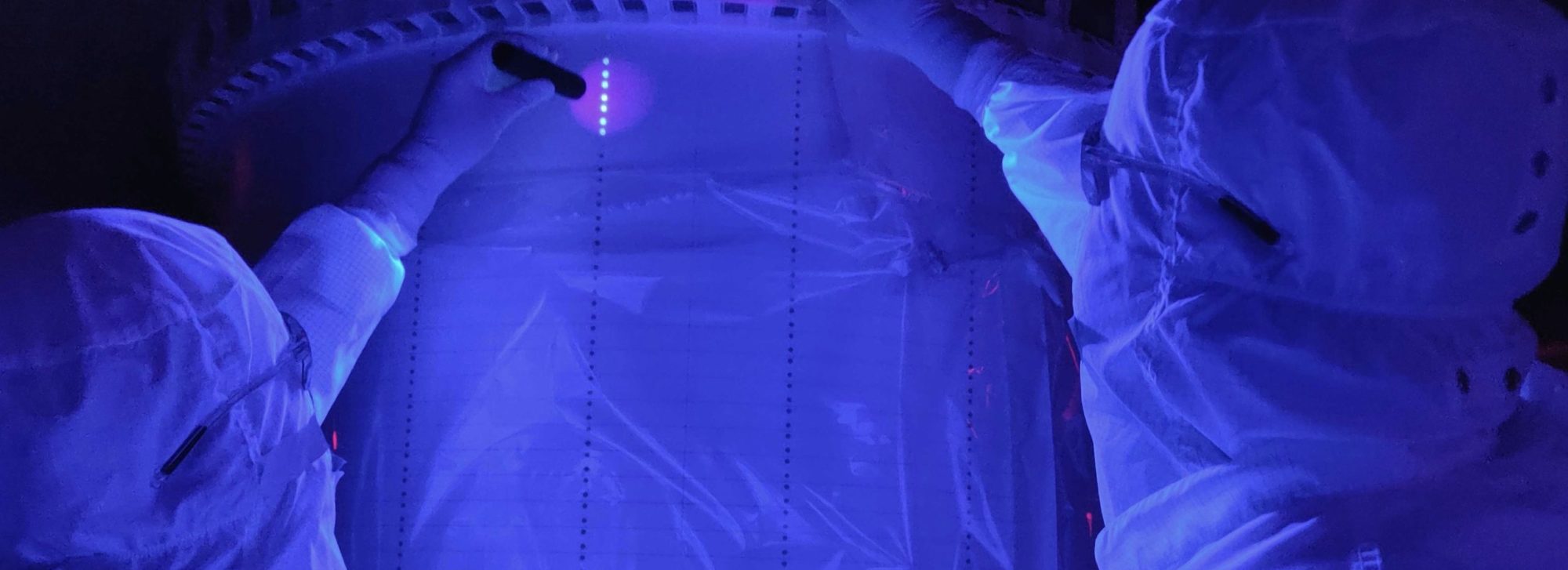- Introduction: This document describes the LZ Diversity, Equity & Inclusion Committee (DEIC), which was established by the LZ Institutional Board as described in the LZ Governance Document. The committee aspires to ensure that the climate in the LZ collaboration is positive, respectful, and supportive of all its member. It will work towards this goal by providing resources, establishing and managing the role of LZ ombudspersons, assisting in developing a Community Agreement, organising talks and other educational activities at collaboration meetings, and occasionally providing assessment and advice on the climate to the collaboration leadership.
- Community Agreement: The DEIC will assist in the submission to the IB for approval a Community Agreement to set out expectations for behavior among collaborators across the variety of circumstances that they may encounter. The Community Agreement, available here, is subject to periodic modification by the CRC, described within, where ratified by the LZ Institutional Board. The Community Agreement applies to all active members of the collaboration.
- Ombudspersons: The DEIC will propose 2 candidates for the role of ombudspersons appointed by the LZ Spokesperson to provide collaboration members with a confidential resource to turn to if they encounter situations with other members of the collaboration that are counter to the Community Agreement, or other troubling situations in which they require support, including but not limited to sexual harassment, hostility, coercion, or other negative behaviors. The role and structure of the ombudspersons is described more fully in the Community Agreement. At large gatherings, such as collaboration meetings or analysis workshops, the DEIC and ombudspersons will appoint a meeting ally in cases where the ombudspersons are not in attendance in order to provide in-person support.
- Resources: The DEIC will promote a respectful environment for all collaboration members during collaboration interactions and maintain a resource page on the LZ Twiki. This will include general equity & inclusion resources as well as resources specific to each member institution. For example, each US educational institution employ a Title IX coordinator to enforce sexual harassment prevention and other policies pertaining to hostility, coercion and other prohibited practices, as well as providing support to victims. Many institutions also maintain an ombudsperson or similar to provide a range of support, including confidential support.
- Collaboration Meetings: The DEIC will be allocated plenary time at each collaboration meeting to program at its discretion. Such programming may include outside speakers on matters pertinent to the committee’s work, occasional presentation and discussion of the Community Agreement, resources, ombudspersons, or other matters aimed at informing the collaboration within the DEIC’s scope.
- Assessment: The DEIC may occasionally conduct surveys of the collaboration to assess the needs of the collaboration within the committee’s scope. These will be conducted in consultation with the collaboration leadership, and reported to the LZ Institutional Board and the collaboration. The committee also welcomes broad input from the collaboration on any matters within the committee’s scope on ways to maintain and improve a positive and supportive culture.
- Structure: The DEIC committee will consist of members from all ranks and titles of the collaboration, but will include at least one graduate student and one postdoc member. The Spokesperson is an ex-officio member. The committee will be structured as a committee of the whole. The committee shall meet before every collaboration meeting and more frequently as needed.
